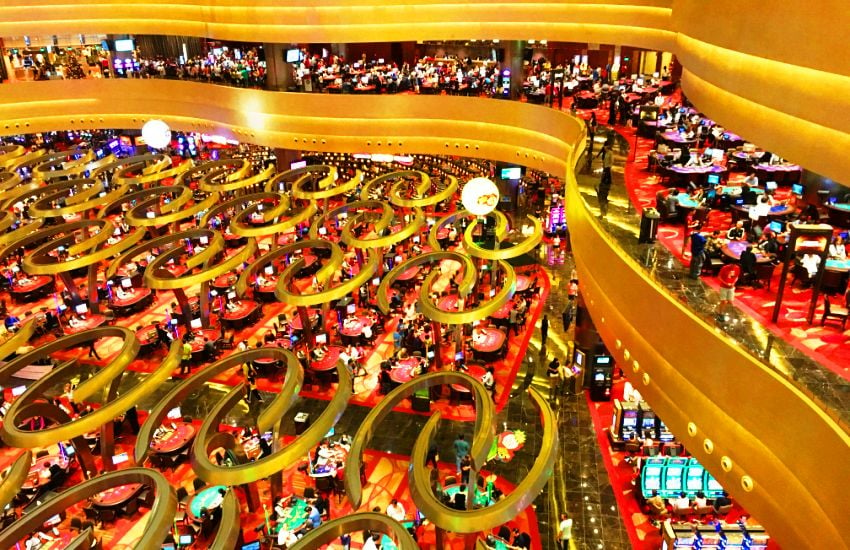Singapore’s Casinos Face New Taxes Following Approval of Legislation
Posted on: January 12, 2022, 09:23h.
Last updated on: January 12, 2022, 02:56h.
Singapore has made some changes to its gambling laws that might not please casino operators. New taxes are on their way as part of an updated Casino Control Act.

After some deliberation, Singapore’s government has approved new tax laws for gaming operators.
The new Gambling Duties Bill increases how much casinos will contribute to the state. It implements a tiered system that will force accountants to be more meticulous, and possibly more creative, in their number-crunching.
Gaming Taxes on the Rise in Singapore
Currently, casinos give 15% of their gross gaming revenue (GGR) to the government.
Once the new tax regime is put into effect, the base level on mass gaming GGR will move to 18% on the first SG$3.1 billion (US$2.3 billion). Once that threshold is reached, operators will need to be ready to give up 22%.
Casinos currently pay 5% in taxes on their premium gaming activity. This too will increase to 8% for GGR, up to SG$2.4 billion (US$1.78 billion). Anything above that will see a 12% tax rate.
For the government’s purposes, premium gaming is that which comes from gamblers that have deposited SG$100,000 (US$74,260) or more into their casino-held accounts.
The new Gambling Duties Bill includes language that could help ease the sting of the new taxes. The rates cannot increase until sometime after 2032.
Integrated Resorts Keep Exclusivity
As part of the updates to the Casino Control Act, the two integrated resorts (IR) in Singapore were given a bonus. Las Vegas Sands (LVS) and Genting Singapore will keep their monopoly statuses until 2030, as the new laws give them additional exclusivity on their licenses.
Previously, the two gaming operators were to have exclusivity only until the end of this year. However, the re-write of the gaming laws ensures that they will maintain control of their territories for the next eight years.
Part of the exclusivity agreements made with the operators included obligatory upgrades to the properties. Both LVS, which operates the Marina Bay Sands IR, and Genting, with its Resorts World, are committed to fulfilling that requirement. However, they have both acknowledged that they need more time.
The companies blame expansion slowdowns on COVID-19. LVS and Genting have said that the development of additional non-gaming facilities is still going to take place. But a time frame for completion cannot be given.
The delays were confirmed by Alvin Tan, Singapore’s Minister of State for Trade and Industry. The country is affording LVS and Genting certain flexibility, recognizing that the financial commitments were constricted by the pandemic.
LVS had already admitted that delays were coming. President and COO Patrick Dumont asserted last July that there was waning optimism over the possibility of meeting the 2025 deadline. LVS is on the hook for SG$4.5 billion (US$3.3 billion), which will cover a fourth hotel tower and additional amenities.
Related News Articles
Macau Slots, Table Games Limit Could Pinch Sands China
Most Popular
Mirage Las Vegas Demolition to Start Next Week, Atrium a Goner
Where All the Mirage Relics Will Go
Most Commented
-
Bally’s Facing Five Months of Daily Demolition for Chicago Casino
— June 18, 2024 — 12 Comments -
Chicago Pension Mess Highlights Need for Bally’s Casino
— July 2, 2024 — 5 Comments
















No comments yet